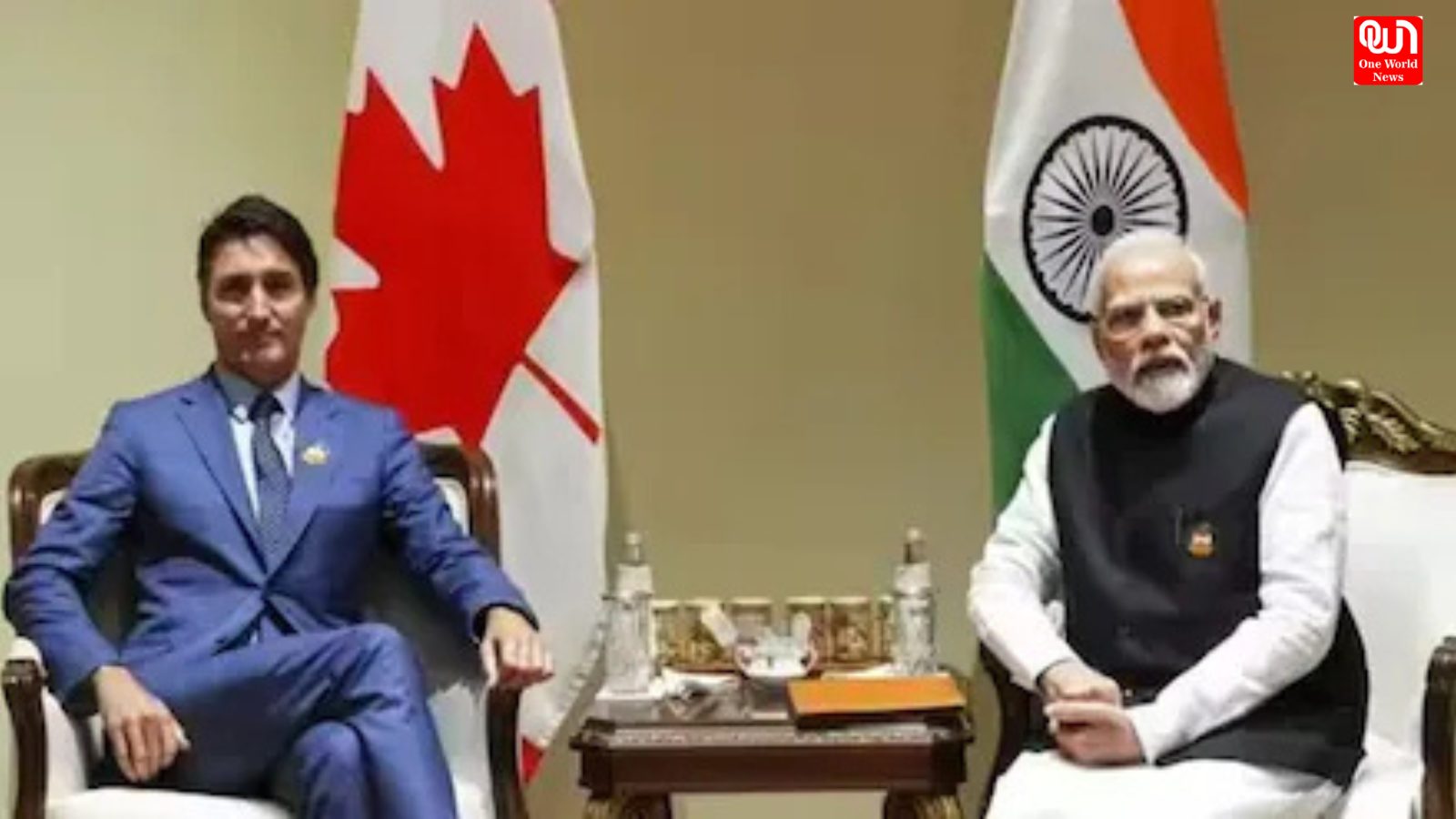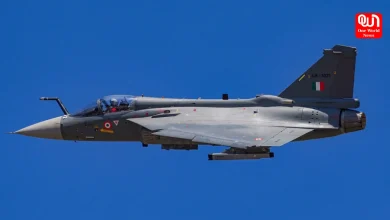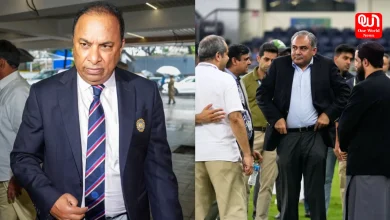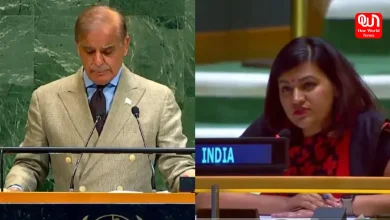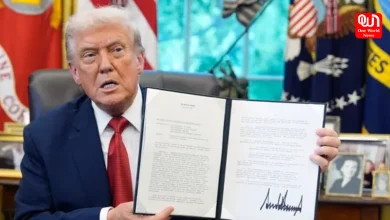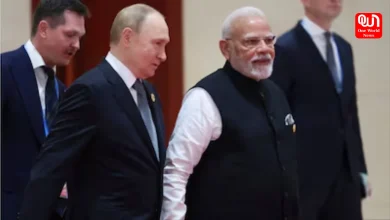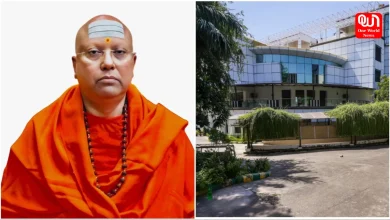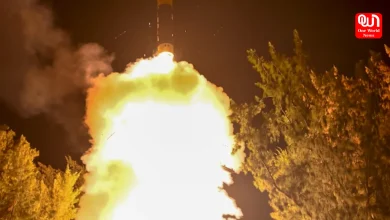Escalating Diplomatic Tensions Between India and Canada Over Allegations of Sikh Separatist Assassination
India and Canada face a diplomatic standoff over allegations of Indian involvement in the assassination of Sikh separatist Hardeep Singh Nijjar in Canada.
Escalating Diplomatic Tensions Between India and Canada Over Allegations of Sikh Separatist Assassination

Indian-Canadian diplomatic relations have reached the critical stage. Indian diplomats are on a high alert because Canadian foreign minister Mélanie Joly has accused India of having a role in the assassination of pro-Khalistan Sikh separatist Hardeep Singh Nijjar. The new move of tension between India and Canada has come in the backdrop of an extremely broad international debate on transnational repression – governments allegedly carry out extraterritorial operations against dissidents living abroad.
read more: Child Marriage Laws: Can Personal Law Override National Legislation?
Diplomatic Fallout- The diplomatic row went up a notch as Canada expelled six Indian diplomats, including India’s high commissioner to Canada, alleging that these were the people behind a spate of actions against Sikh separatists in the country. The Foreign Minister commented on the expulsion, clearly stated that “the rest of the Indian diplomats in Canada are clearly on notice.” Her specific point was that Canada would not tolerate any diplomatic act that endangers the lives of Canadians or is a breach of international norms.
Read more: Market Woes Continue: When Will the Sensex, Which Has Dropped 5000 Points, Recover?
Joly should advocate the talking on transnational repression, as there have been numerous cases of foreign interference often witnessed in Europe. She cited a comparison case by Russia through actions in Germany and the UK as she sought to get to the fact that Canada must make bold responses to any threats from foreign players on its soil.
Allegations against Indian diplomats: At the center of the controversy lies a more serious charge leveled by the RCMP-that diplomats at the Indian High Commission in Canada allegedly passed intelligence about Sikh activists on to officials in India. The RCMP has claimed that this information was then passed on to organizations engaged in extortion, drive-by shootings, and targeted assassinations of pro-Khalistan individuals, including Hardeep Singh Nijjar, who was shot dead in British Columbia last year.
Nijjar is said to have been a strong proponent of the Khalistan movement, which seeks independence for a sovereign Sikh state. His assassination would be the focal point in the deterioration of India-Canada relations for it has been pointed out that the Canadian side charges Indian officials with involvement in the killing. Authorities in New Delhi have denounced the allegations as “absurd” and answered with retaliatory expulsions of six Canadian diplomats, including the acting high commissioner, from their country.
India retaliated and made the case against the allegations Canada projected, terming them as ones not based on any facts and stated that Canada is harbouring people who have ties with various incidences of terrorism back home. MEA Spokesperson Randhir Jaiswal claimed India has made extradition requests to Canada on 26 counts, while some of them have been pending there since over a decade. He condemned Canada for supposedly doing absolutely nothing about these requests, particularly those that involve some of its nationals whom India claims are involved with terrorism.
It is odd that we should have requested the extradition of people whose crimes, now it seems, have been committed in Canada,” quipped Jaiswal, suggesting a double standard on how Canada has handled the issue of Khalistani separatism. India has long accused Canada of allowing Sikh separatist groups to operate freely on its soil, accusing them of continuing to engage in activities detrimental to India’s sovereignty and security.
Long-standing Tensions Over Khalistani Separatism: The present diplomatic row is part of a broader issue that has been straining India-Canada relations for years. New Delhi has criticized Canada time and again for its deliberate failure to contain the Khalistani separatists whom India claims use Canadian territory as a base for conducting operations against India. While it has lost major momentum in India since the 1980s, the Khalistan movement still means a lot to sections of the Sikh diaspora, specially in Canada.
A September 2023 statement by Canadian Prime Minister Justin Trudeau that Indian agents could have been behind the murder of Nijjar added to an already acrid environment. New Delhi reacted sharply. India had termed Nijjar a terrorist, and killing him outside a gurdwara in Surrey, British Columbia, has emerged as a flashpoint in bilateral relations.
We’re now on WhatsApp. Click to join.
The diplomatic standoff still lingers; the situation remains pretty sensitive. Both countries hold significant trade and strategic importance; there may be further implications for their bilateral relationship on the back of what happens next, especially in the trade and foreign policy arena. Canada’s stance relating to protecting its sovereignty and rejecting foreign interference does well into its commitment towards the more overarching goal set by the international community to adhere to international norms.
However, the path forward is not clear. As both the countries are digging themselves in, whether a compromise or decision will emerge, nobody can say. Canada has placed all Indian diplomats in the country under rigorous questioning, while India continues to deny its involvement with Nijjar’s killing, thus setting up for a long and loudly contested diplomatic battle.
Like this post?
Register at One World News to never miss out on videos, celeb interviews, and best reads.

